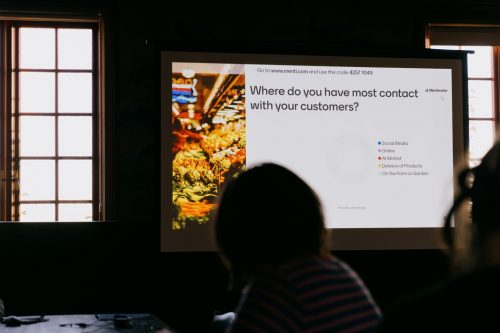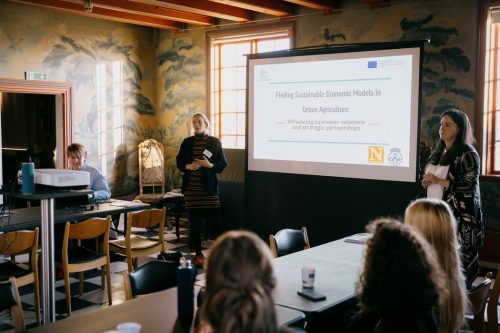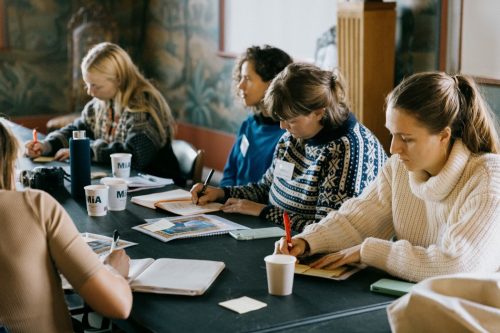Finding Sustainable Economic Models in Urban Agriculture – Second tailor-made workshop for ECS initiatives in Oslo
Nabolagshager and the Agency for Urban Environment (Municipality of Oslo), hosted on the 21st of October the second taworkshop of a series of three workshops to help urban agriculture initiatives in Oslo to develop their sustainable financial models. During this workshop “Enhancing customer relations and strategic partnerships” we focused on how ECS initiatives can utilise the value of their organisation to better connect with customers and form partnerships. We looked at how to find new customers, better connect with customers via social media, and how to create mutually beneficial partnerships – both private and public. It is important to recognize the benefits we can all produce and receive when we work better collaboratively.

We want to thank again all the participants for attending our second workshop at Linderud gård. Special thanks goes to our guest speaker Helene Gallis from Nabolagshager who gave participants many tips and tricks about how to get noticed and how to attract (traditional) media as a way to promote our work, products and services.

We look forward very much to meeting all the participants again at our next and last workshop on the 11 of November.
You can find more information about the workshops “Finding Sustainable Economic Models in Urban Agriculture” in this link: https://www.edicitnet.com/workshops-oslo-finding-sustainable-economic-models-in- urban-agriculture/


